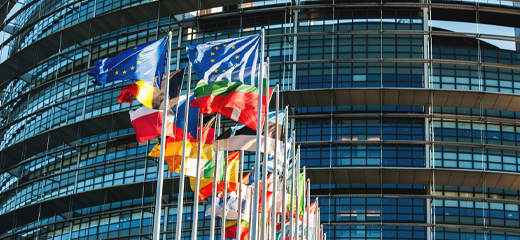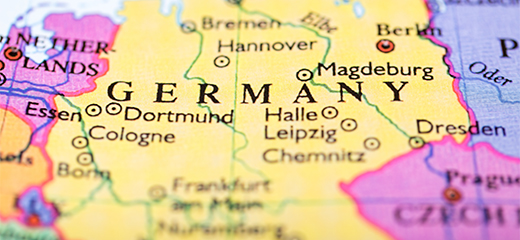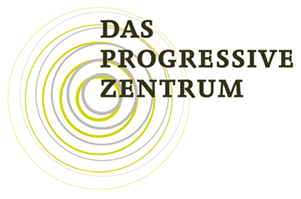
next global
Publication
Turkish Diaspora in Europe
December 09, 2020Author: Alan Makovsky, Max Hoffman, Michael Werz
More than 5 million people of Turkish descent live in Europe. The questions of migration and integration have long been politically sensitive, especially since 2014 Turks abroad have been able to vote in Turkish elections. Far-right parties in Europe have seized upon issues of migration and cultural diversity, playing upon some European’s anxiety about rapid demographic change. With political and academic interest in the Turkish diaspora increasing in recent years. The Foundation for European Progressive Studies, Center for American Progress, Foundation Max van der Stoel, and Fondation Jean-Jaurès are pleased to present a new public opinion survey of the Turkish diaspora in four European countries: Germany, France, The Netherlands and Austria.
The poll casts light on diaspora views on European host countries; how they identify with Turkey; where they get their news; and how they feel about the European Union and crucial issues of integration, migration, and politics.
Overall, the Turkish and Turkish-Kurdish diaspora feels at home in Europe, expressing satisfaction with their living circumstances and general contentment with host nations’ integration policies. They generally feel accepted by their non-Turkish neighbors and colleagues, and they are pleased with the educational and economic opportunities Europe offers. For most, these positives outweigh the still meaningful levels of discrimination many encounter.
The diaspora is largely uninterested in their host countries’ politics, as many don’t feel politically represented in Europe. But among the ones who voted, in general, they tend to favor left-wing politicians and parties.
Most in the Europe-based Turkish diaspora continue to identify first and foremost as Turks and remain very interested in Turkish politics. In short, they largely align with Turkish President Recep Tayyip Erdoğan’s maxim that Turks in Europe should “integrate but not assimilate.” But, among those who voted in Turkish elections, only half voted for Erdoğan’s party. Erdoğan is a highly polarising figure in the diaspora community, much as he is in Turkey itself. And Turks in this sample are dismissive of the idea that Turkish state and government representatives put pressure on them to support Turkish policies.
Methodology: The survey, conducted by the polling firm DATA4U, used telephone interviews on landline and mobile phones in Germany (1,064 respondents), Austria (416 respondents), France (452 respondents), and the Netherlands (425 respondents). The survey is balanced by gender, age, and place of residence and is representative of the Turkish-origin population in these countries and has an overall margin of error of +/- 2 percent.
Read the full report for more findings, including on discrimination, migration, language, news sources, European and Turkish political leanings, and more.
related publications
-

A progressive approach to the Conference on the Future of Europe
read more -

Year 30 - Germany's second chance
read more -

A Common Withholding Tax for the EU
read more -

Out of the security deadlock: challenges and choices in the Sahel
read more -

Coronavirus: a new beginning for Europe and the Left
read more -

How can the Conference on the Future of Europe pave the way for the realisation of our dreams for Europe?
read more



























































